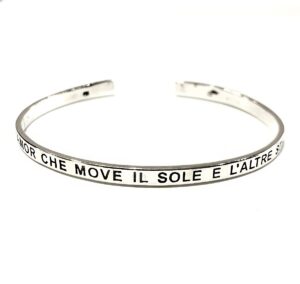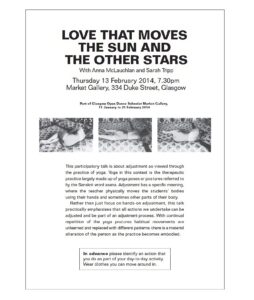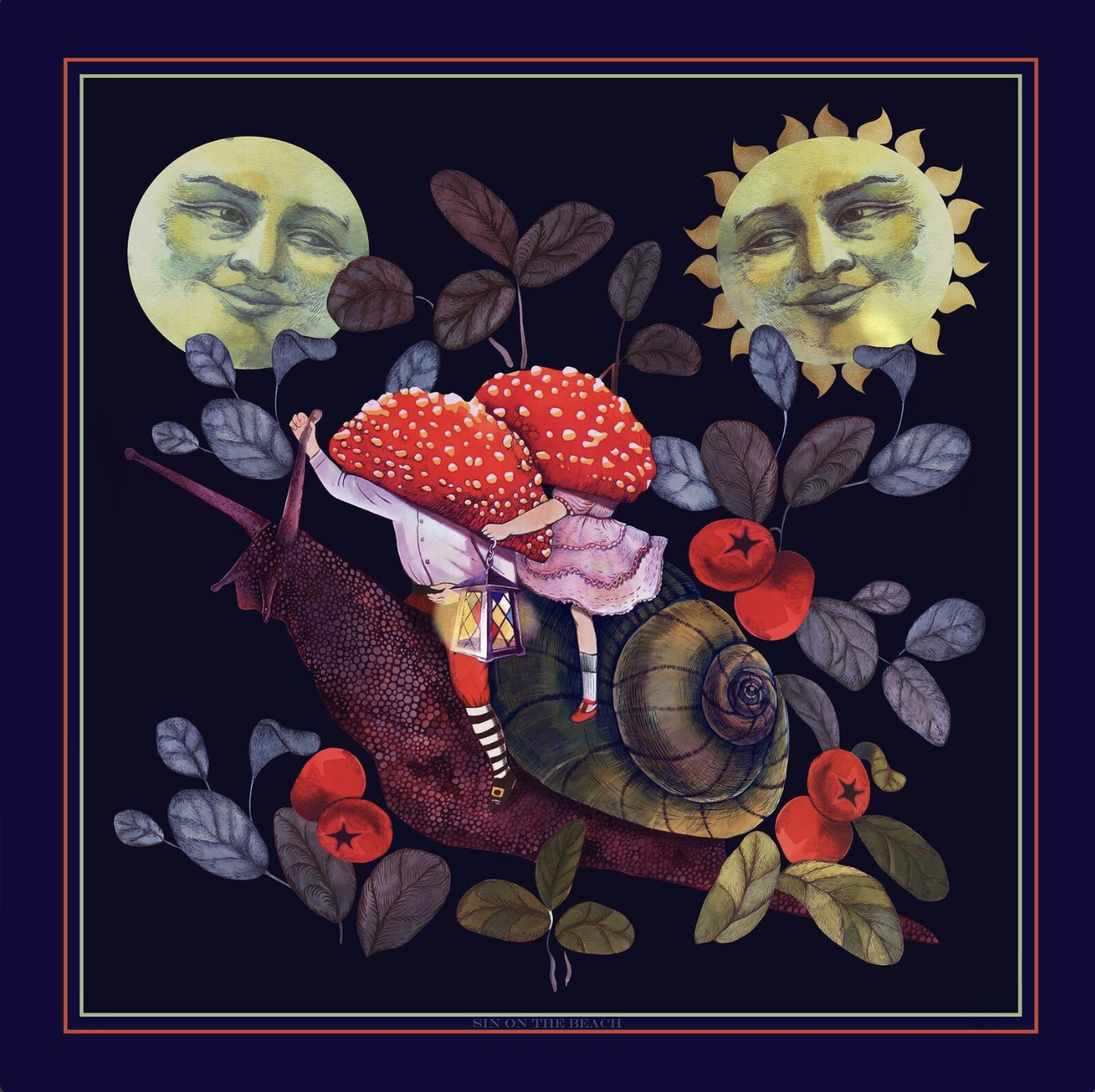“This participatory talk is about adjustment as viewed through the practice of yoga. Yoga in this context is the therapeutic practice largely made up of yoga poses or postures referred to by the Sanskrit word asana. Adjustment has a specific meaning, where the teacher physically moves the students’ bodies using their hands and sometimes other parts of their body. Rather than just focus on hands-on adjustment, this talk practically emphasises that all actions we undertake can be adjusted and be part of an adjustment process. With continual repetition of the yoga postures habitual movements are unlearned and replaced with different patterns: there is a material alteration of the person as the practice becomes embodied.” —Anna McLauchlan & Sarah Tripp, “Love that moves the sun and the other stars,” Market, February 13, 2014 (retrieved March 20, 2024)
“A Journey Through Hell, Purgatory and Heaven for the Living,” The Wall Street Journal Article
“T.S. Eliot said: “Dante and Shakespeare divide the world between them. There is no third.” Hamlet speaks of the afterlife as “the undiscovered country from whose bourn no traveler returns.” Dante Alighieri (1265-1321) attempted to trace the boundaries of that country for us in his “Divine Comedy.”
[. . .]
“We see through Dante’s camera-like eye. “Inferno” focuses on unrepentant sinners afflicted in various scenes of punishment. The violent are burning, while others swim in boiling blood. We view the false flatterers of Earth—in Hell condemned to eat their own excrement. Each sinner’s punishment corresponds to sins uncorrected during his or her life. The lens then focuses on Satan, Hell’s center, “the Emperor of the dolorous realm.”
[. . .]
“Entering Purgatory the poetry too becomes brighter, more lyrical. It’s a “roseate dawn”; the planet Venus comes into view. Having brought us through Hell, Dante soothes our pain with a comforting line that in difficult times often comes to my mind—”To course o’er better waters now hoists sail the little bark of my wit, leaving behind her a sea so cruel.”
[. . .]
“In “Paradiso” the panorama is all light and perfectly ordered. Here every soul is at home, utterly happy in the celestial hierarchy.
[. . .]
“Unlike stone, a poem is alive. His “Divine Comedy” breathes as a kind of Third testament metamorphosing man into the eternal. —Patrick J. Walsh, “A Journey Through Hell, Purgatory and Heaven for the Living,” The Wall Street Journal, April 22, 2022 (retrieved March 20, 2o24)
“L’amor che move il sole e l’altre stelle” Twill Silk Scarf
Etsy user @SinontheBeach features a handmade twill silk scarf referencing the iconic final line of Dante’s Paradiso, “‘l’amor che move il sole e l’altre stelle”. —SinontheBeach,”twill Silk scarf with our own beautiful print ‘l’amor che move il sole e l’altre stelle,'” Etsy, (retrieved on March 20, 2024)
“Gioielli di Pace, bracciale: ‘L’Amor che move il sole e l’altre stelle,'”

“Parole che risvegliano emozioni.
Parole che senti tue e che desideri condividere.
Parole come gioielli da indossare.” —”Gioielli di Pace, bracciale: ‘L’Amor che move il sole e l’altre stelle,'” Shanti Gioielli, (retrieved, March 20 2024)
“The Divine Comedy is the most practical Great Book ever written”

“The Commedia has to be the most practical Great Book ever written. Dante the poet wrote a letter to a friend in which he said he created the Commedia to help his readers understand why they suffer, and how they can be released from that suffering, because he too had been on that trail of tears, which God turned into a road that bound him for glory.
“Dante’s method works, and it works because his extraordinary poem, seven centuries old, is not really the pilgrimage of an exiled Tuscan through the afterlife, but a journey for every reader into his or her own heart — as it is, and as it can be through the astounding grace of God.” —Rod Dreher, “The Divine Comedy is the most practical Great Book ever written,” National Review, March 31, 2015 (retrieved March 20, 2024)
- « Previous Page
- 1
- 2
- 3
- 4
- 5
- …
- 29
- Next Page »



